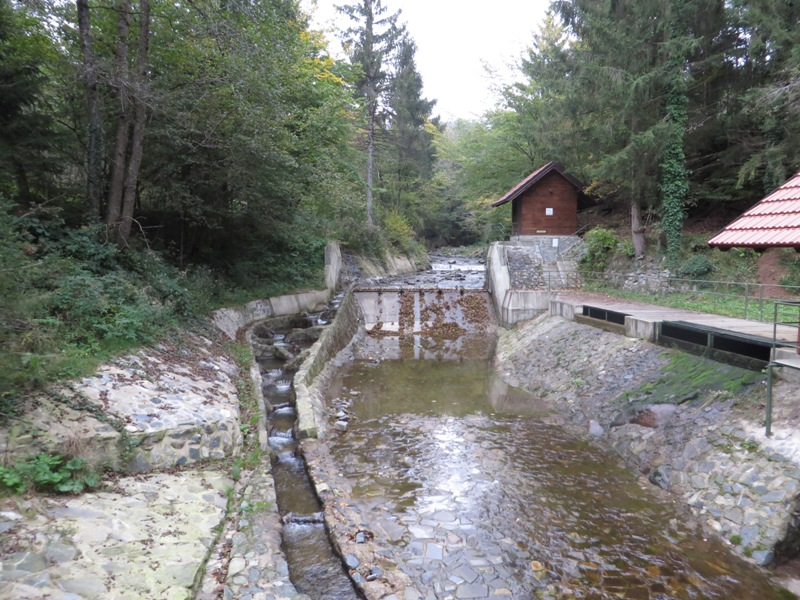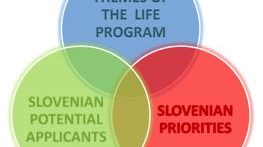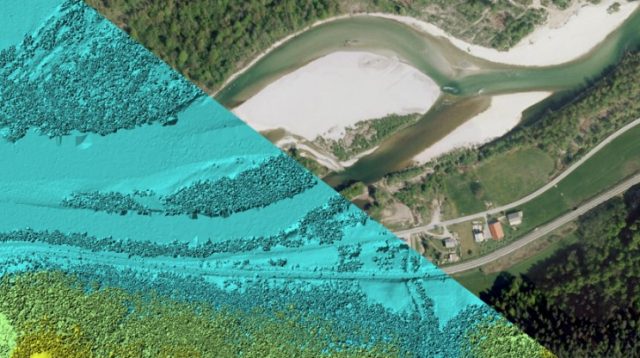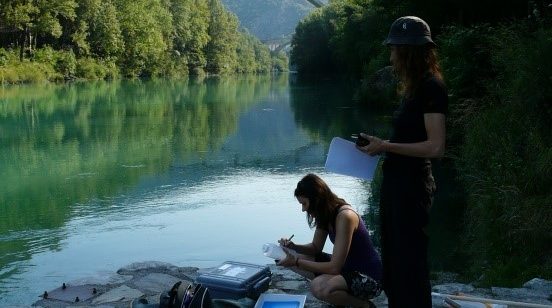Water Status Elements in Determining Ecologically Acceptable Flows

Project Details
Ecologically acceptable flow (Qes) is one of the measures for achieving good water status in accordance with the Water Framework Directive. The objectives of the Water Framework Directive, i.e. the good water status, are usually not taken into account when developing methods for determining Qes. The purpose of the study is to find out whether it is possible to achieve good ecological status of watercourses pursuant to the Water Framework Directive using the criteria for ecologically acceptable flow and to design a proposal for supplementing the methodology used to determine ecologically acceptable flows in Slovenia. Since the most common pressures are the result of changes in the hydrological regimes of Alpine watercourses due to small hydro-electric power plants, the project focuses on water consumption in small Alpine watercourses that are needed for the operation of small hydro-electric power plants. In the context of the project, we will:
1. a) review the values of “f” factors to determine Qes and produce an assessment on the appropriateness of these factors in terms of achieving the objectives of the Water Framework Directive,
2. b) identify connections between the results of ecological status assessments and values of hydrological parameters,
3. c) produce a supplemented methodology proposal for determining ecologically acceptable flow that takes into account the elements of ecological status or where the values of hydrological parameters are harmonised with the limit values of good ecological status.
This study will improve our understanding of how hydrological parameters and groups of aquatic organisms are connected as well as provide a proposal for supplementing methods for determining Qes that takes into account the water status elements and the objectives of the Water Framework Directive. With this study, we will contribute to new scientific discoveries and knowledge that can be applied directly in order to achieve the objectives of the Water Framework Directive and sustainable use of resources in Slovenia and Europe.
Keywords
About the Project
Value of the Project
€140,000
Contracting Authority
Javna agencija za raziskovalno dejavnost Republike Slovenije
Ministrstvo za okolje in prostor
Ministrstvo za kmetijstvo in okolje
Project manager
izr. prof. dr. Gorazd Urbanič
Project staff
Aleksandra Krivograd Klemenčič
Blažo Đurović
Dušan Rebolj
Gregor Kolman
Janko Zakrajšek
Sabina Blumauer
dr. Nataša Smolar-Žvanut
dr. Maja Pavlin Urbanič
dr. Gorazd Kosi
dr. Samo Podgornik
Darko Anzeljc
Maša Čarf
doc. dr. Tina Eleršek
dr. Mojca Hrovat
Aljaž Jenič
Miha Knehtl
dr. Tanja Mohorko
dr. Vesna Petkovska
dr. Rebeka Šiling
dr. Igor Zelnik
Duration of the project
2014-2016



